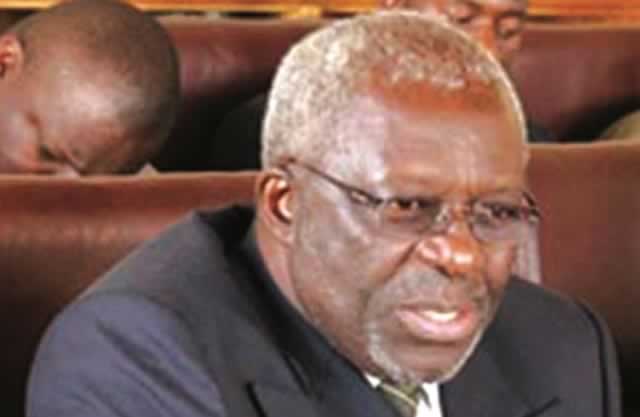Editorial Comment: Sadc Summit to usher new era

ONE of the major issues on the agenda of the forthcoming Sadc Extraordinary Summit of Heads of State and Government to be held in the capital next week is the discussion and adoption of a Sadc Industrialisation Strategy and Roadmap.
The Extraordinary Summit comes at a time when the Sadc and African Union chairperson President Mugabe has had a hectic schedule since assuming the chair of both blocs.
Notwithstanding, Zimbabwe’s Foreign Affairs Ministry has reassured the nation and the region that it is ready to host the Extraordinary Summit.
“We are on top of the situation and we have been given the funds to run the event,” said Secretary for Foreign Affairs Ambassador Joey Bimha.
That the regional bloc has made industrialisation a key component in its socio-economic development strategy is commendable since this is an area that has seen the region and continent lagging behind.
These shortfalls have also seen the region and continent relying on the developed world. This has eroded its competitive ability vis-à-vis that of the developed world that prioritise industrial capacity and capability.
In the absence of an industrialisation strategy and roadmap, it is difficult for Sadc Member States to achieve the desired economic goals.
The success of value addition and beneficiation are premised on a state-of-the-art industrial base. Without a competitive industrial infrastructure, it means that the region and continent will continue to export its natural resources in raw form and import them at a higher cost as finished products.
This whole production chain that we will have missed translates to missed opportunities and employment creation for the people. It also translates to missed wealth and makes poverty eradication an uphill struggle.
We echo the sentiments from our sister publication, the Southern Times that makes a clarion call for the implementation of the industrialisation strategy and roadmap: “Experts, government bureaucrats, academics and researchers have impressed upon the need for Sadc and the entire African continent to move away from economies based on primary products and produce finished goods. But what is now needed is to implement the agreed policies.”
People do not want to see this Summit as another talk shop, and neither do they want to see more documents produced to no effect. They want results.
It is time for action, and with the political will shown so far, the Industrialisation Strategy and Roadmap should be rolled out soon after the Summit.
Sadc is not reinventing the wheel. This has been a topical issue for quite some time. In coming up with the strategy and roadmap, we are sure that they looked at various models from other industrialised countries, in both the East and the West.
Although industrialisation is the key issue, the success of its implementation rests on regional peace and integration. It is our hope that the Extraordinary Summit will tackle issues that are likely to hamper this.
A case in point is the resurgence of the xenophobic attacks in South Africa. What has taken place in the past few weeks goes against the spirit and letter of regional integration, and people hope that it becomes an agenda item.
As Kizito Sikuka of Sardc says, “the recent cases of increased xenophobia attacks by some South Africans on foreigners may help reveal the nature of challenges that southern Africa faces in promoting deeper integration among citizens of the region . . . Considering the importance of regional integration in southern Africa, there is need for Sadc countries to work together in addressing xenophobia as it has the capacity to derail some of the gains made in promoting mutually beneficial cooperation.”
But, if Rome was not built in a day, the industrialisation of the Sadc region and Africa are the same. Once started, it will remain work in progress, just like what obtains in the developed world. But, we hope that we are seeing the dawn of a new era.










Comments